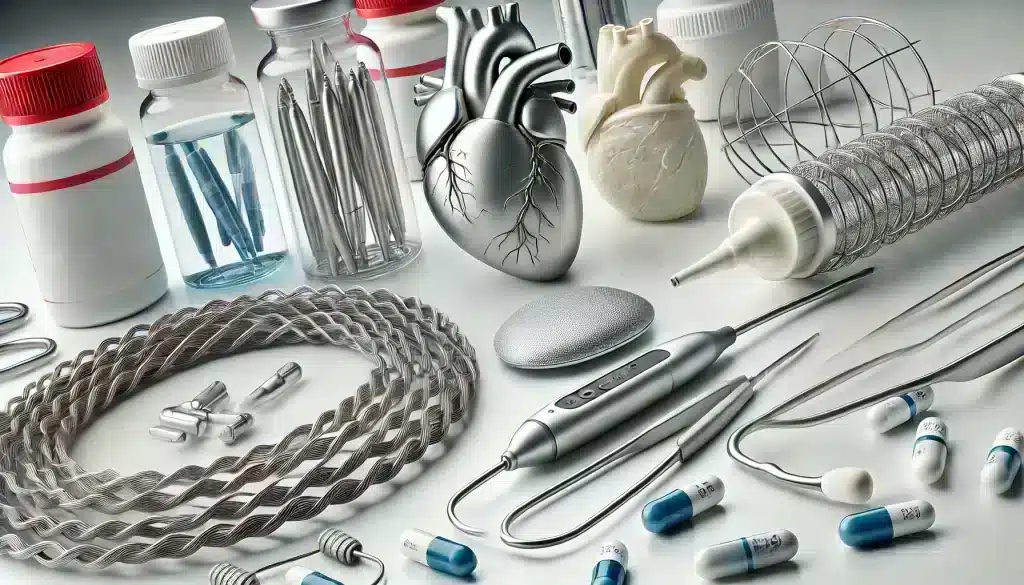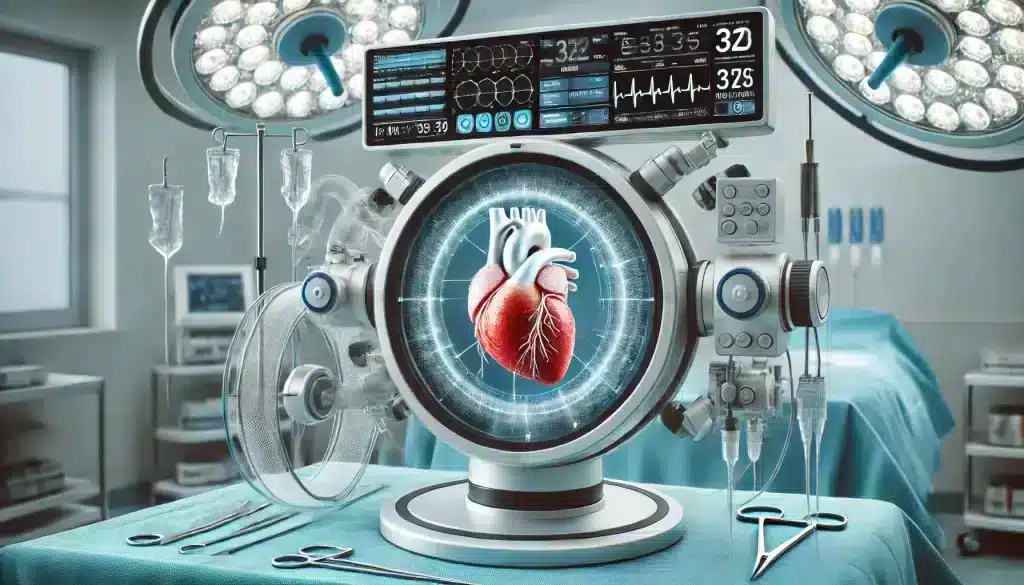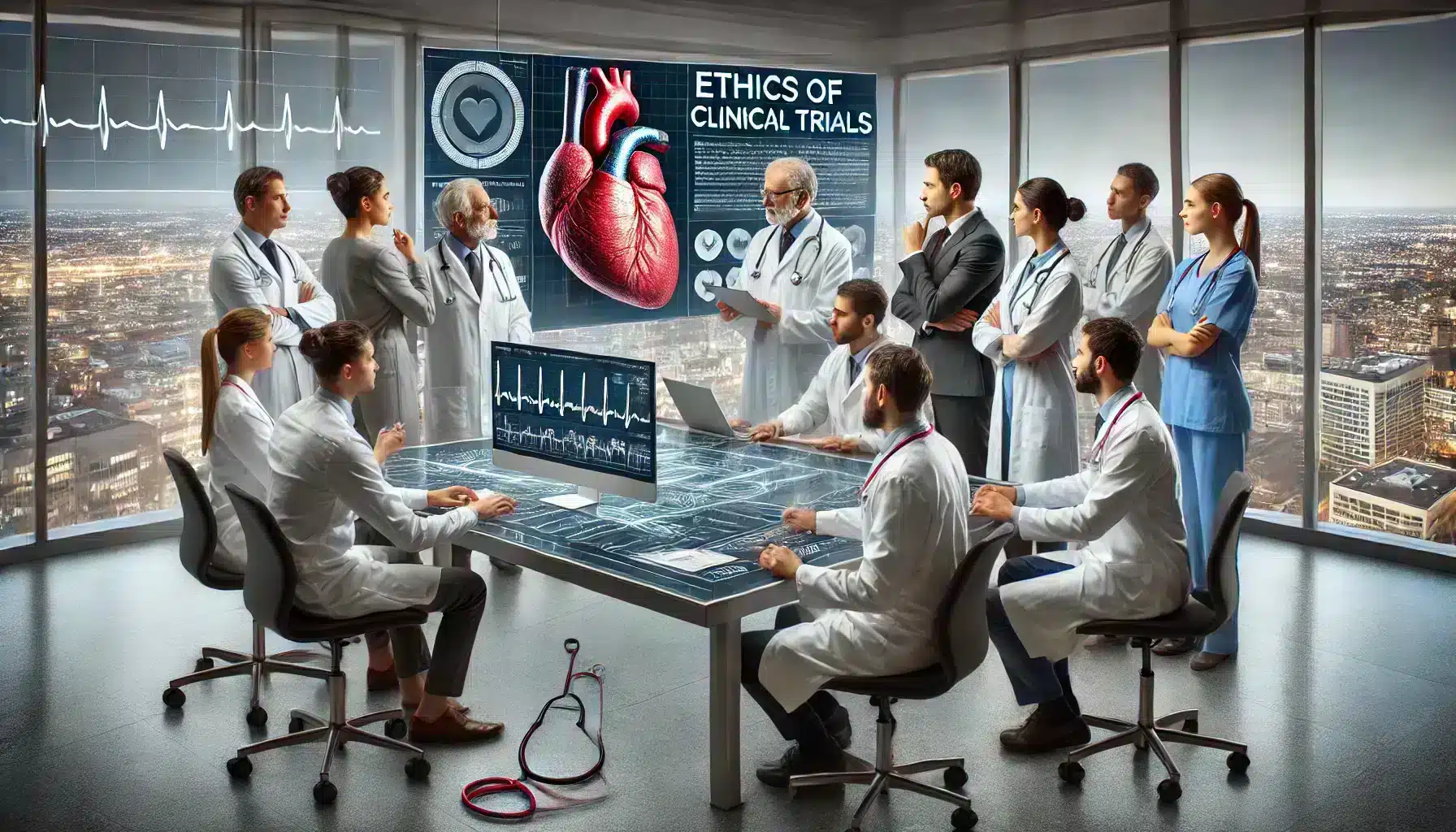Introduction to Cardiology Clinical Trials
Cardiology clinical trials play a crucial role in advancing medical knowledge and improving patient care. These trials test new treatments, drugs, and medical devices, ensuring they are safe and effective for patients with cardiovascular conditions. The outcomes of these trials shape the future of cardiology, guiding the development of innovative therapies and contributing to better heart health outcomes worldwide.

In recent years, significant progress has been made in understanding cardiovascular diseases, largely due to groundbreaking clinical trials. Researchers, healthcare professionals, and patients alike benefit from the data gathered in these trials, which often lead to new treatment protocols and preventive measures.
- Clinical trials offer insights into new treatments for heart disease.
- They ensure that new interventions are both safe and effective.
- Results from these trials influence global cardiology practices.
What Are Clinical Trials?
Clinical trials are research studies conducted to evaluate the effectiveness, safety, and potential side effects of medical interventions, such as drugs, devices, or treatment protocols. These studies are essential in determining whether a new treatment is suitable for use in everyday medical practice. Each trial is carefully designed with specific objectives and follows strict protocols to ensure reliable results.
In the field of cardiology, clinical trials are crucial for testing new medications that target heart conditions, as well as assessing innovative technologies like stents or pacemakers. These trials typically proceed through different phases, starting with small groups of participants to test safety, then expanding to larger groups to evaluate effectiveness and monitor for adverse effects.
- Phase I: Testing safety and dosage.
- Phase II: Evaluating effectiveness and side effects.
- Phase III: Confirming effectiveness and comparing to existing treatments.
- Phase IV: Post-market studies to monitor long-term effects.
Importance of Clinical Trials in Cardiology
Clinical trials are the backbone of advancements in cardiology. They provide critical data that helps healthcare professionals develop more effective treatments for cardiovascular diseases, which remain the leading cause of death worldwide. Without clinical trials, innovations such as cholesterol-lowering statins, advanced imaging techniques, or minimally invasive surgeries might not have been possible.
Furthermore, clinical trials ensure that any new treatment undergoes rigorous evaluation before it is widely used. This process minimizes risks to patients and ensures that medical professionals are informed about the benefits and potential drawbacks of new therapies. For patients suffering from heart disease, the outcomes of clinical trials can lead to longer, healthier lives by providing access to cutting-edge treatments.
- Cardiology clinical trials improve treatment options for heart disease.
- They provide evidence to support the safety and effectiveness of new interventions.
- Many life-saving treatments in cardiology have emerged from clinical trials.
Recent Advances in Cardiology Clinical Trials
In recent years, cardiology has seen numerous breakthroughs, largely driven by clinical trials that test new drugs, procedures, and technologies. These advancements are shaping the future of cardiovascular care, offering patients new hope and better treatment options. Recent trials have explored innovative areas such as gene therapy, novel anticoagulants, and new ways to manage heart failure, among others.

Notable examples of these advances include trials focused on the use of artificial intelligence (AI) in cardiology diagnostics, as well as studies on precision medicine that tailor treatments to individual patients based on their genetic makeup. Additionally, new drug trials have shown promising results for conditions like atrial fibrillation, heart failure, and hypertension, improving patient outcomes significantly.
- Gene therapy is being explored as a potential treatment for inherited heart conditions.
- AI-powered diagnostics are improving the accuracy of heart disease detection.
- New anticoagulants reduce the risk of stroke in patients with atrial fibrillation.
Major Findings from Recent Studies
The latest cardiology clinical trials have brought forward several major findings that are changing the landscape of cardiovascular treatment. One of the most significant discoveries has been in the area of heart failure management. Recent trials have demonstrated the efficacy of SGLT2 inhibitors, originally developed for diabetes, in reducing the risk of heart failure in at-risk patients. This discovery is a game-changer for both the prevention and management of heart failure.
Another key finding has been the advancement in cholesterol-lowering treatments. Studies on PCSK9 inhibitors have shown remarkable results in reducing LDL cholesterol levels, leading to better prevention of cardiovascular events such as heart attacks and strokes. These drugs provide an alternative to patients who do not respond well to traditional statin therapy.
- SGLT2 inhibitors are now used to reduce the risk of heart failure.
- PCSK9 inhibitors are effective in lowering LDL cholesterol levels.
- New treatments for atrial fibrillation are reducing the risk of stroke.
Impact of Latest Clinical Trials on Treatment
The findings from recent cardiology clinical trials are already having a profound impact on treatment protocols and guidelines. For example, the introduction of SGLT2 inhibitors into standard heart failure treatment regimens is transforming how physicians manage this condition. These drugs, initially used to manage diabetes, have been found to significantly lower the risk of hospitalization and death in heart failure patients, offering a new line of defense in cardiovascular care.
Similarly, the positive outcomes from trials involving PCSK9 inhibitors have led to their adoption for patients who are unable to reach their LDL cholesterol targets with statins alone. These new options allow healthcare providers to personalize treatment plans, improving patient outcomes by tailoring therapy to individual needs.
- SGLT2 inhibitors are now part of standard heart failure treatments.
- PCSK9 inhibitors provide alternatives for managing high cholesterol.
- Personalized medicine is becoming more common in cardiology.
Future Directions in Cardiology Research
The future of cardiology research is being shaped by ongoing and upcoming clinical trials that focus on innovative treatments, technology-driven solutions, and personalized medicine. As cardiovascular diseases continue to be the leading cause of death globally, the need for new approaches to treatment and prevention is greater than ever. Future trials are expected to focus on gene therapy, regenerative medicine, and the use of advanced data analytics and artificial intelligence to predict and manage heart disease more effectively.

Additionally, researchers are exploring new methods to repair damaged heart tissue, using stem cells and tissue engineering. This field of regenerative medicine holds great promise, offering potential cures for conditions that were previously thought to be untreatable. The combination of precision medicine, genetic research, and cutting-edge technology suggests that the future of cardiology will offer more personalized and effective treatment options than ever before.
- Gene therapy may offer new treatment pathways for inherited heart conditions.
- Regenerative medicine aims to repair or replace damaged heart tissue.
- AI and big data will help predict heart disease with greater accuracy.
Upcoming Clinical Trials to Watch
The next generation of cardiology clinical trials promises to deliver breakthroughs in both treatment and prevention of heart disease. Several high-profile trials are currently in the pipeline, exploring areas such as gene editing, immunotherapy, and novel drug combinations to tackle cardiovascular issues. One of the most anticipated trials focuses on CRISPR technology, which could potentially be used to edit faulty genes that cause inherited heart diseases.
Another exciting development is the use of immunotherapy, which has seen success in cancer treatment, being applied to cardiology. Researchers are investigating how the immune system can be harnessed to repair damaged heart tissue after a heart attack or slow the progression of heart failure. These upcoming trials are likely to provide a wealth of data that could revolutionize how we treat heart disease in the coming decades.
- CRISPR technology is being explored to correct genetic mutations in heart disease.
- Immunotherapy holds promise for repairing heart tissue post-heart attack.
- Novel drug combinations are being tested for more effective heart failure treatment.
How Research is Shaping Future Therapies
As cardiology research advances, the potential for new therapies and treatments becomes increasingly promising. Clinical trials are essential in translating experimental findings into real-world applications, and many of the therapies currently in development could have a transformative impact on heart disease management. For example, recent trials in gene therapy aim to correct genetic abnormalities that cause inherited heart diseases, potentially preventing these conditions from ever manifesting.
Precision medicine is another field reshaping the future of cardiology. By analyzing a patient’s genetic profile, healthcare providers can now tailor treatments to individual needs, improving efficacy and reducing side effects. As more clinical trials explore these areas, the integration of personalized treatment plans will become standard practice, leading to more successful outcomes for patients with cardiovascular diseases.
- Gene therapy trials are addressing inherited heart conditions at their root cause.
- Precision medicine allows for more personalized and effective treatments.
- New therapies are emerging from cutting-edge research in cardiology.
Conclusion
The latest clinical trials in cardiology have paved the way for significant advancements in the treatment and prevention of cardiovascular diseases. From groundbreaking discoveries in heart failure management to the development of new cholesterol-lowering drugs, these trials are helping healthcare providers offer more effective, personalized care to patients worldwide. The future of cardiology research looks bright, with upcoming trials focused on gene therapy, immunotherapy, and the use of AI and big data to predict and manage heart conditions more precisely.
As these innovations continue to unfold, patients and healthcare professionals alike can expect to see further improvements in treatment outcomes, quality of life, and overall heart health. Staying informed about the latest clinical trials and their findings is crucial for anyone invested in advancing cardiovascular care, whether as a healthcare provider, researcher, or patient.
- Clinical trials are leading to innovative therapies for heart disease.
- Advancements in personalized medicine are improving patient care.
- Future research will continue to shape the landscape of cardiology.
Key Takeaways from Recent Clinical Trials
The recent clinical trials in cardiology have delivered several critical insights that are reshaping how heart disease is managed. From the success of SGLT2 inhibitors in reducing heart failure risk to the advancements in cholesterol management through PCSK9 inhibitors, these trials are providing new, effective options for patients. These breakthroughs are not just theoretical but are actively influencing clinical guidelines and treatment protocols around the world.
Furthermore, the growing role of personalized medicine and the potential of future technologies like gene editing and immunotherapy highlight the importance of staying up-to-date with the latest research. For healthcare providers and patients, this knowledge could make a life-saving difference. As more trials are conducted, the cardiology field will continue to evolve, offering better outcomes for those suffering from heart disease.
- SGLT2 inhibitors have become a key treatment for heart failure.
- PCSK9 inhibitors offer new hope for patients struggling with cholesterol control.
- Emerging technologies like gene therapy and immunotherapy are on the horizon.
How to Stay Updated with Cardiology Research
Keeping up with the latest advancements in cardiology is essential for healthcare professionals, researchers, and patients alike. With the fast pace of innovation in medical science, particularly in the field of cardiovascular health, staying informed about new clinical trials and their outcomes can make a significant difference in patient care. There are several ways to stay updated on the latest cardiology research, including subscribing to medical journals, attending conferences, and following updates from leading cardiology organizations.
Additionally, many online platforms now provide real-time access to clinical trial databases, research publications, and expert opinions. Websites like PubMed, ClinicalTrials.gov, and the American College of Cardiology offer a wealth of resources for those looking to stay on the cutting edge of heart health research. For healthcare providers, integrating these findings into clinical practice ensures that patients benefit from the most recent advances in cardiology.
- Subscribe to leading cardiology journals such as JACC and Circulation.
- Attend annual cardiology conferences to hear about the latest research firsthand.
- Follow reputable online platforms like PubMed and ClinicalTrials.gov for the latest updates.
Frequently Asked Questions
What are clinical trials in cardiology?
Clinical trials in cardiology are research studies conducted to evaluate new treatments, drugs, and medical devices for heart diseases. These trials help determine their safety and effectiveness before they are used widely in practice.
Why are clinical trials important for heart disease treatment?
Clinical trials are essential for advancing cardiology because they provide evidence that helps improve treatments, ensuring they are safe and effective. They also help healthcare providers find new ways to treat and prevent heart disease.
How can I participate in a cardiology clinical trial?
To participate in a cardiology clinical trial, you can consult with your healthcare provider or check platforms like ClinicalTrials.gov for trials that match your condition and location. Participation is voluntary and includes informed consent.
What are some of the latest advancements from cardiology clinical trials?
Recent advancements include the use of SGLT2 inhibitors for heart failure management, PCSK9 inhibitors for cholesterol control, and the exploration of gene therapy for inherited heart conditions.


